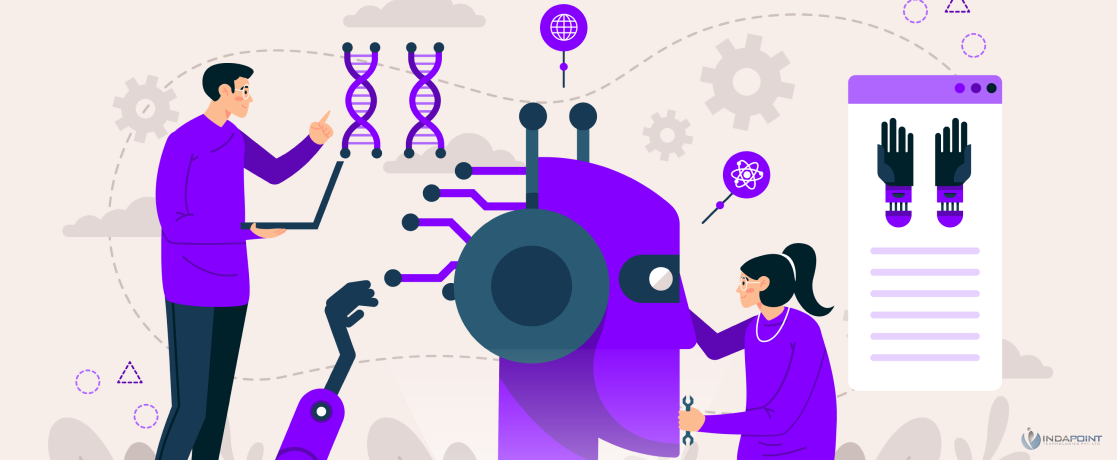Is AI the Secret Ingredient to Manufacturing Success?
October 25, 2024

Artificial Intelligence (AI) is transforming the manufacturing industry by enhancing productivity, optimizing supply chains, enabling predictive maintenance, improving quality control, and fostering sustainability. Key applications like robotic automation, generative design, and AI-powered decision-making help businesses stay competitive.
Is AI the Secret Ingredient to Manufacturing Success?
In the modern industrial landscape, manufacturers are facing increasingly complex challenges: fluctuating demand, labor shortages, supply chain disruptions, and the ever-pressing need for sustainability. As businesses strive to streamline operations and improve efficiency, artificial intelligence emerges as a key enabler of manufacturing success.
Key AI Applications in Manufacturing

Let’s dive into some key applications of AI in the manufacturing industry that are already proving their worth:
a) Predictive Maintenance
One of the most popular applications of AI in manufacturing is predictive maintenance. By utilizing AI algorithms and IoT (Internet of Things) sensors, manufacturers can monitor equipment health in real-time.
b) Quality Control and Defect Detection
AI-driven computer vision systems can perform inspections at an incredible speed and accuracy, identifying defects that may be invisible to the human eye. AI systems analyze massive volumes of data in real time, ensuring that only high-quality products make it to the market.
c) Supply Chain Optimization
AI helps manufacturers optimize their supply chain by predicting demand, optimizing inventory levels, and improving logistics management.
d) Generative Design
AI-based generative design software allows manufacturers to input design parameters, such as materials, weight, and strength requirements, and receive a multitude of optimized designs that fit the criteria.
Benefits of AI in Manufacturing

The implementation of AI brings a host of benefits to the manufacturing sector, helping businesses stay competitive in a global market:
a) Increased Productivity and Efficiency
By optimizing workflows, AI-driven solutions enhance overall productivity, allowing manufacturers to meet demand with improved precision and speed.
b) Cost Savings
AI also helps manufacturers identify inefficient processes that may otherwise go unnoticed, enabling a leaner and more cost-efficient operation.
c) Better Decision-Making
With access to data-driven reports, business leaders can make smarter, faster decisions regarding production schedules, equipment utilization, and resource allocation.
Challenges in Implementing AI in Manufacturing
While the benefits are clear, there are still challenges manufacturers must overcome to fully leverage AI:
a) Data Security and Privacy
The increased use of AI in manufacturing requires the processing of vast amounts of data, raising concerns around data security and privacy.
b) Skills Gap
AI implementation requires skilled workers who can manage and maintain AI-driven systems. The lack of skilled personnel can slow the adoption of AI in manufacturing environments.
Conclusion
AI is more than just a buzzword; it’s a transformative force that can elevate manufacturing operations to new heights. By adopting AI, manufacturers can optimize their production processes, reduce costs, improve quality, and stay ahead of the competition.
Contact us today to learn how we can help you harness the power of AI and take your manufacturing business to the next level. Together, we’ll ensure that you’re not just keeping up with the future of manufacturing but leading it.





